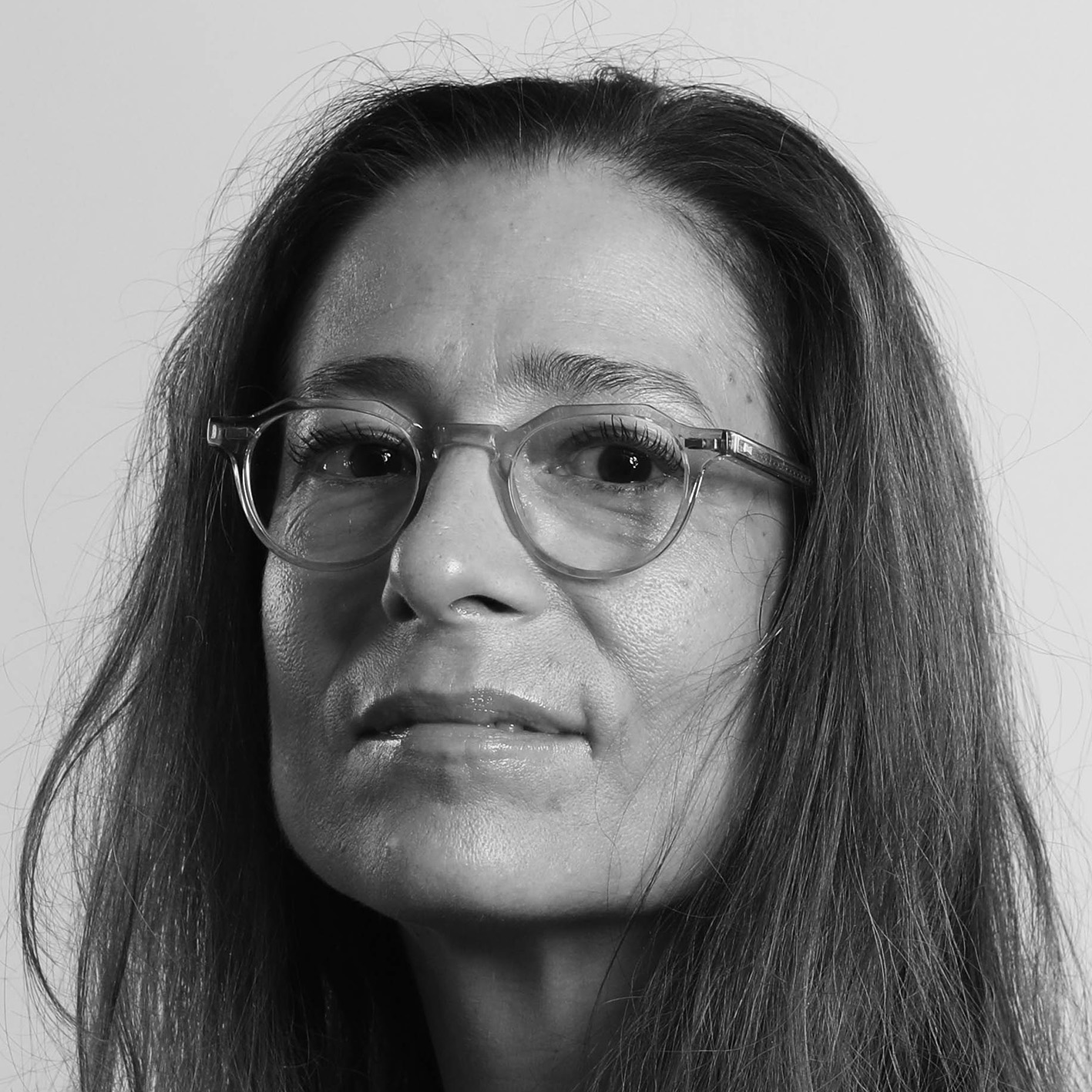TikTok has had one largely unexpected consequence for something so new: it has frequently fetishised the old. Any number of artists have had their back catalogue blow up after becoming the soundtrack to a viral dance routine or meme. Sometimes it has been a hit, such as Bronski Beat’s Smalltown Boy; just as often, it has been a deep cut, such as Pavement’s Harness Your Hopes. If the internet has warped pop’s sense of time and genre, TikTok blitzed what was left in a Nutribullet. Anachronisms have paradoxically ceased to be and become very now at the same time.
The jazz-pop singer Laufey (“lay-vay”) Jónsdóttir came up organically on the platform during the pandemic. The Reykjavik-raised classical musician luxuriates in the jazzy end of the great American songbook, combining bossa nova, string arrangements and emotional themes from a more innocent age. Her “old, but new” approach epitomises a very 2020s state of mind: the hypermodern embrace of retro stylings. Imagine a mood board of black and white Audrey Hepburn photographs, the perfect scansion of a Broadway libretto and a wardrobe full of court shoes, bows and vintage dresses made into twinkly, swooping pop. Taylor Swift is the only notable influence after circa 1965.
Responses to Laufey’s first two albums have been mixed. For all the young women cherishing the respite offered by her classy mellifluousness, there have been those who find her bonbon-sweet, cocktail-hour bubble retrogressive as well as retro. Laufey’s songs are mostly about flirting and yearning, pining and swooning. They are graceful and pretty, polished and pert; polite jazz-lite, rather than jazz.
A welcome cynicism has worked its way into the lyrics, which contain Swiftian digs at sub-par men
A welcome cynicism has worked its way into the lyrics, which contain Swiftian digs at sub-par men
But they are not merely all those things – and her songs, though still winsome, have increasingly spiky emotional timbres. This doesn’t give due credit, either, to Laufey’s assurance as a conservatoire musician and graduate of Boston’s Berklee College of Music, who can play cello and score strings. A Matter of Time, her third album, also messes with her formula– subtly, but just enough to present Laufey as a shrewder and more timely musician than her first two albums suggest.
Tracks such as Lover Girl – one of her bossa nova cuts – still find Laufey’s protagonist giddy in love, but it’s “a reckless fever” this time; she’s getting “vertigo” in “Tokyo” rather than swooning. Forget-Me-Not is peak Laufey-core: a balletic outing recorded with the Iceland Symphony Orchestra. It is an ode to her home country, based on folk tunes and sung in Icelandic, wrestling with themes of displacement. Snow White, meanwhile, deals with how Laufey, who is half-Chinese on her mother’s side, was never blonde, thin or perfect enough growing up.
Producer Aaron Dessner of the indie rock band the National is another novelty, presumably here because he produced two Swift albums. He can score strings and is the kind of guy who could help with Laufey’s first ever country song, Clean Air. (He is also, like Laufey, a twin, and they share the same birthday.)
Laufey’s music is strongest when modernity intrudes into her staid tropes: these songs are increasingly interested in that friction. Laufey is dropping more F-bombs than ever before. (“Get the fuck out of my atmosphere!” she huffs on Clean Air).
A Matter of Time is the work of an older, wiser player of the game of love. A welcome cynicism has worked its way into Laufey’s lyrics, which contain Swiftian digs at sub-par men. Mr Eclectic finds her fed up with mansplaining – “talking ’bout some dead composer, you’re just a stoner patronising me,” she eye-rolls.
Silver Lining imagines her and her lover going to hell. A breakup song – the excellent Tough Luck – finds Laufey practically rapping on an angry bridge (a classic Swift move, but no less impactful for that). Her introspection is more acute now, with Too Little, Too Late and the magnificent A Cautionary Tale skewering her own people-pleasing tendencies.
The album’s highlight, Sabotage, is caustically self-aware, revealing the meaning of the album’s title. It’s only a matter of time, Laufey sings, before she torpedoes a good thing.
Her music has long swayed elegantly towards dignified denouements, and this closing track begins as a piano waltz and gradually swells. Then dissonance crashes into Laufey’s once hermetically sealed idyll. Strings grind and percussion crunches, scoring the wreckage, until the whirlwind cuts out just as abruptly as it began. It’s an eruption of untrammelled feeling that deserves a fist in the air rather than genteel applause.
Photograph by Emma Summerton
Newsletters
Choose the newsletters you want to receive
View more
For information about how The Observer protects your data, read our Privacy Policy

